Chicken Feet Peeling Machine | Fast, Hygienic, Durable
Oct . 18, 2025 12:00 Back to list
Chicken Feet Peeling Machine | Fast, Hygienic, Durable
Field Notes on a Modern chicken feet peeling machine (and why gizzard tech matters)
If you’ve walked a poultry line lately, you’ll know: peeling is where yield is won or lost. The gear I’ve been tracking out of Hebei—Jinwang Western Street, Anping County, Hengshui—comes dressed as a “Poultry slaughtering equipment chicken gizzard peeling machine,” but on the floor it frequently moonlights as a chicken feet peeling machine with the right tooling. In fact, the heart of it is simple: a motor drives a special-shaped tooth cutter that strips yellow skin cleanly. New product category, yes; but it behaves like a seasoned pro.
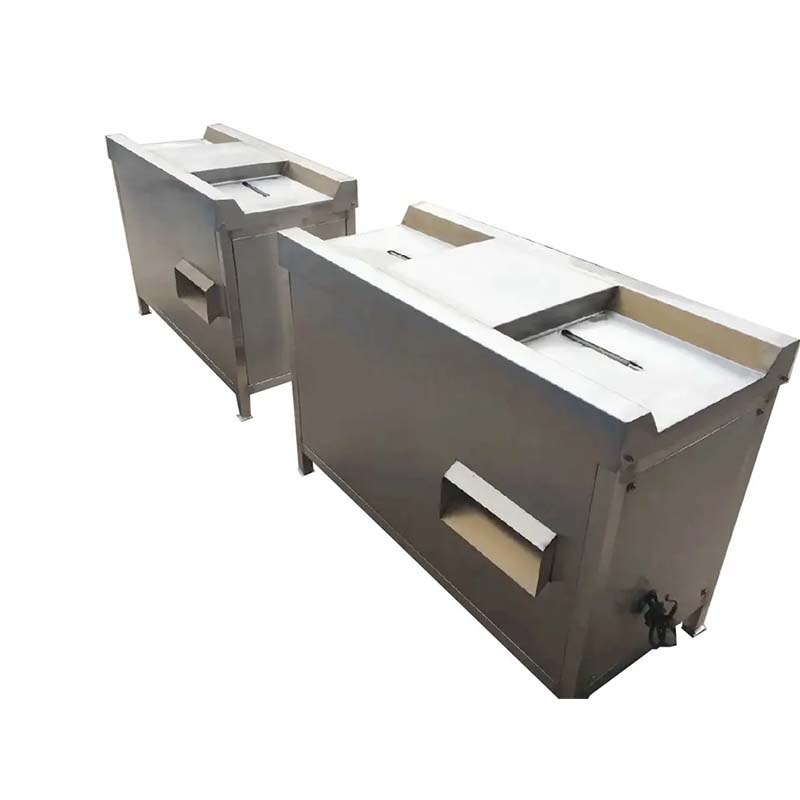
What’s changing in the industry
Two currents: labor shortages and stricter hygiene. Processors want consistent peel without over-trim, and they want data. Variable-speed drives, easier clean-in-place, and quieter gear are in. To be honest, a lot of “feet” peeling tasks now piggyback on gizzard machines by swapping tooth patterns and liners. It seems inelegant, but it works.
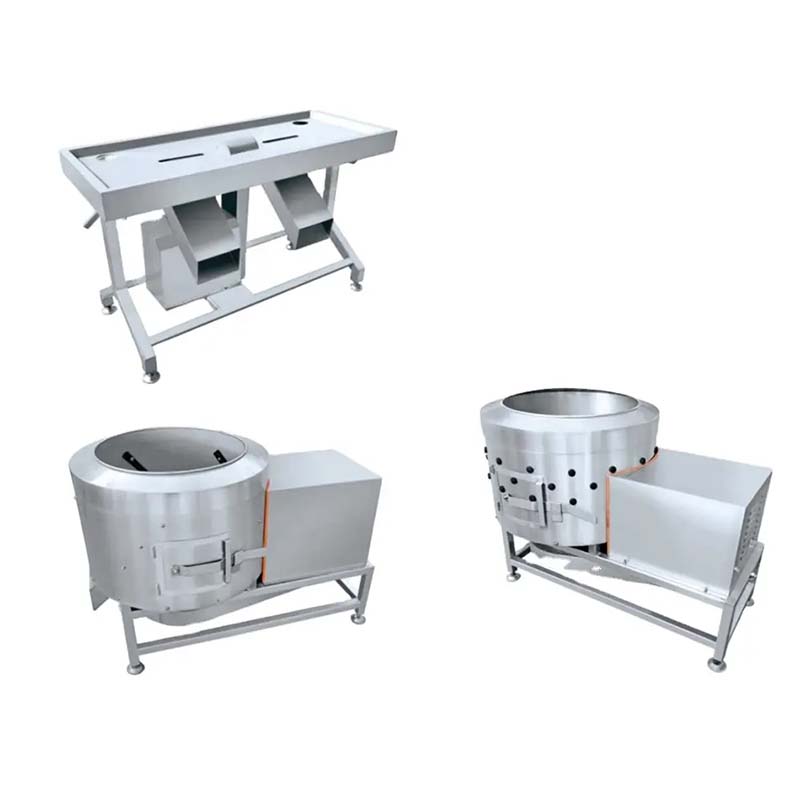
Process flow, materials, and method
Typical line: pre-wash → temperature-controlled scald (for feet, usually below scald for carcass) → mechanical peel via rotating tooth cutter → rinse → visual check → QA sampling. Housing is 304 stainless steel, food-contact elastomers are FDA-grade. For feet, an abrasive drum liner and a gentler tooth profile reduce surface nicks; for gizzards, the cutter bites harder to lift the yellow liner. Real-world use may vary by bird size and pre-scald quality, of course.
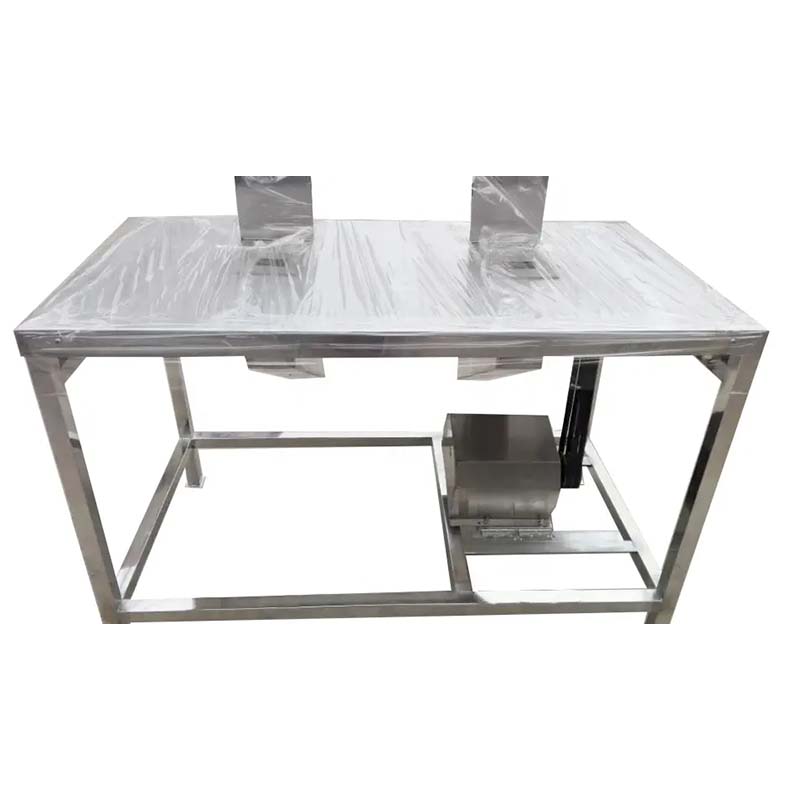
Key specifications (field-tested)
| Model | Gizzard/Feet Peeler – Yize OEM |
| Capacity | ≈ 300–600 pcs/min (feet) or 500–900 pcs/min (gizzards), load-dependent |
| Power / Voltage | 3–5 kW, 380–415V, 50/60 Hz (others on request) |
| Materials | 304 SS frame; 316 SS options; food-grade elastomer liners |
| Cutter | Special-shaped tooth; swappable profiles for feet/gizzards |
| Water use | ≈ 0.3–0.6 m³/h with recirculation kit |
| Noise | ≈ 72–78 dB(A) at operator position |
| Service life | Tooth cutter 12–18 months typical; liners 6–12 months |
| Compliance | HACCP-ready, CE, IP65 washdown motors |
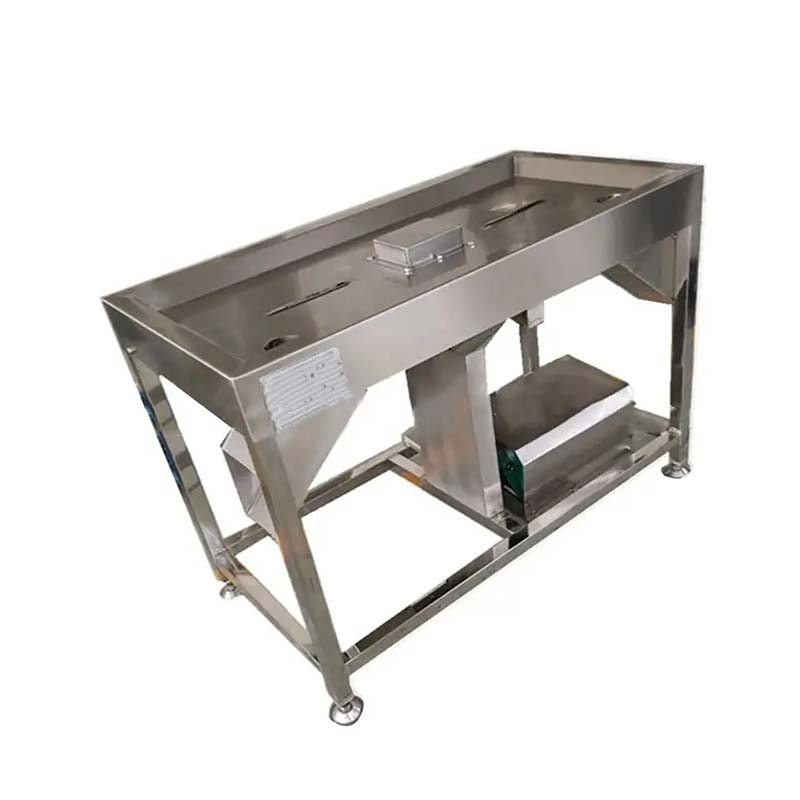
Applications and advantages
Small to mid-scale plants, export-grade processors, and halal-certified sites use it for gizzards by default and—as an adaptable chicken feet peeling machine—when labor is tight. Advantages: quick-release guards, tool-free switchover, VFD control, and optional water recirculation. Many customers say the gentler tooth set cuts over-peel complaints by a third, which sounds high, but I’ve seen similar numbers during FATs.
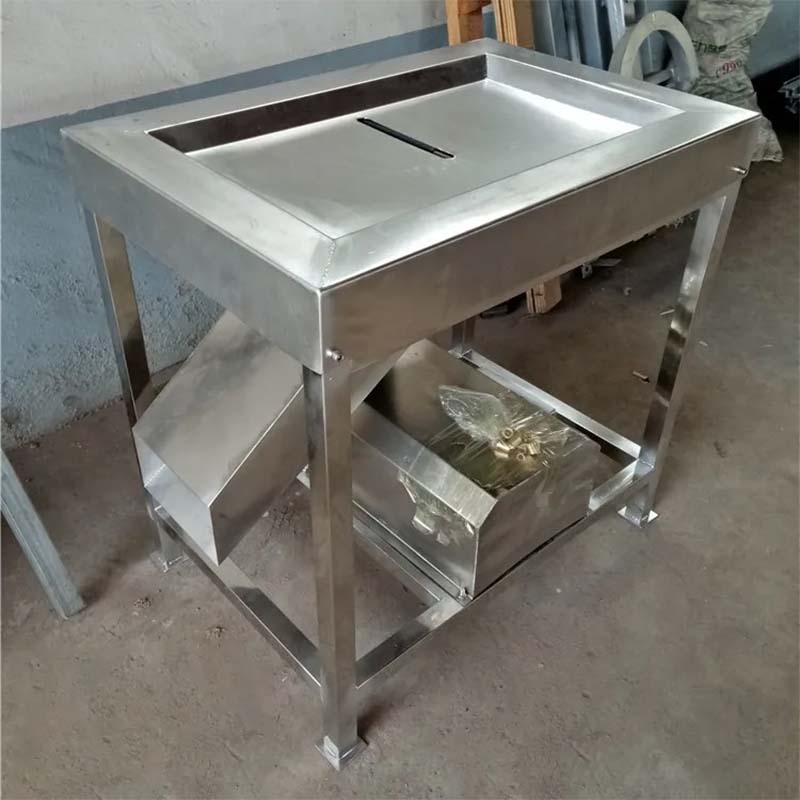
Vendor snapshot: who builds it better?
| Vendor | Origin | Build & Controls | Customization | Certs | Lead Time |
|---|---|---|---|---|---|
| Yize Machine | Anping, Hebei, China | 304/316 SS, VFD, IP65 motors | Tooth profiles, liners, voltage | CE, HACCP support | ≈ 20–35 days |
| Generic Importer | Mixed | Basic SS, fixed speed | Limited | Varies | ≈ 45–60 days |
| Local Fabricator | Regional | Good frames, basic electrics | High, but non-standard | On request | ≈ 30–50 days |
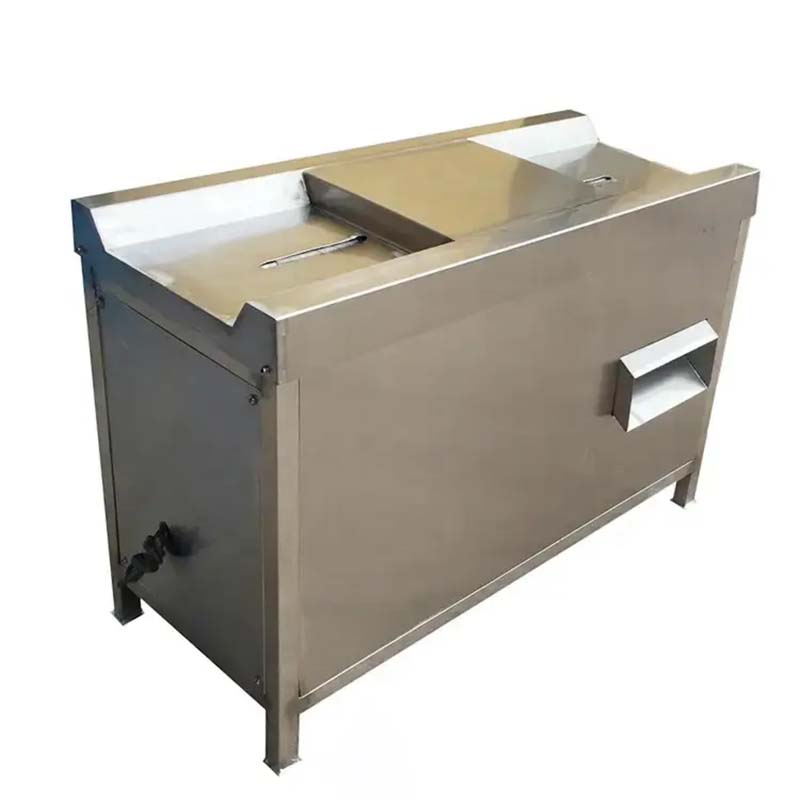
Case notes and test data
Southeast Asia, mid-sized plant: switching from manual feet peeling to the gizzard/feet combo reduced visible defect rate from ≈6.2% to 2.1% at 450 pcs/min; operator count dropped by 3 per shift. MENA processor reported gizzard yield gain ≈1.4% after adopting the special-shaped cutter. Micro results? Rinsate APC fell after consistent scald control—credit the process, not magic [4].

Standards, testing, and service life
Factory FAT usually covers amperage draw, peel uniformity (AQL-based checks), and 2-hour continuous run. Hygiene design aligns with EN 1672-2; food safety under HACCP/ISO 22000 frameworks. Electrical safety per GB/T 5226.1; ingress under IEC 60529. Expect 12–18 months on cutters with normal loads; keep a spare kit—cheap insurance.
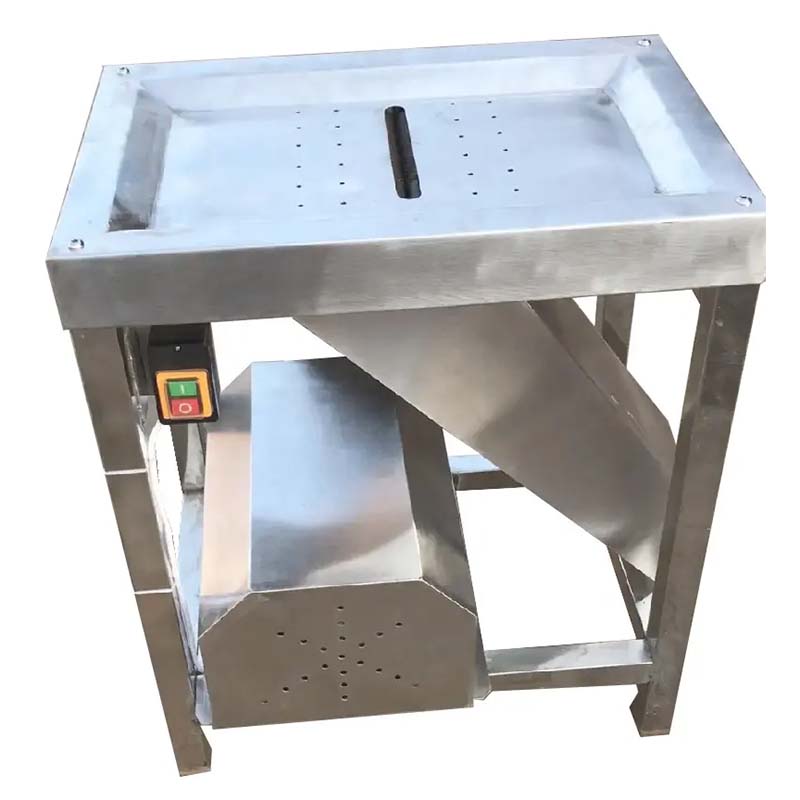
Final thought: whether you call it a gizzard peeler or a chicken feet peeling machine, the value is the same—clean peel, fewer trims, calmer QA.
Authoritative citations
- ISO 22000:2018 Food Safety Management Systems.
- Codex Alimentarius: HACCP Guidelines.
- EN 1672-2: Food processing machinery – Hygiene requirements; EU Machinery Directive 2006/42/EC.
- USDA FSIS 9 CFR 416 – Sanitation Performance Standards.
- GB/T 5226.1-2019 Electrical equipment of machines – General requirements.
- IEC 60529: Degrees of protection (IP Code).
-
Efficient & Sustainable Chick Brooding Cage Systems for Modern Poultry Farming
NewsNov.24,2025
-
Cage for Chick: Optimizing Poultry Care for Global Food Security
NewsNov.23,2025
-
Baby Chicks Cage – Global Solutions for Sustainable Poultry Farming
NewsNov.22,2025
-
Baby Chick Cage: The Essential Guide to Brooding Solutions for Poultry Farmers
NewsNov.22,2025
-
Understanding Square Grain Silos: Global Impact, Benefits, and Trends
NewsNov.21,2025
-
Automatic Feeding Line System-Anping County Yize Metal Products Co., Ltd.|Automated Feeding&Watering
NewsNov.21,2025






